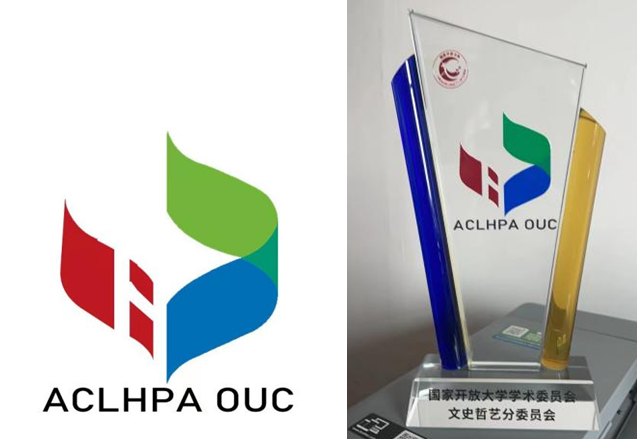 To enhance the research capabilities of young and middle-aged teachers, as well as the overall research standards within the educational system of open universities in the fields of literature, history, philosophy, and art, the Sub-committee of Literature, History, Philosophy and Art (ACLHPA) of the Academic Committee of the Open University of China (OUC) recently organised an expert forum titled "How to Develop Discipline Research".
To enhance the research capabilities of young and middle-aged teachers, as well as the overall research standards within the educational system of open universities in the fields of literature, history, philosophy, and art, the Sub-committee of Literature, History, Philosophy and Art (ACLHPA) of the Academic Committee of the Open University of China (OUC) recently organised an expert forum titled "How to Develop Discipline Research".
This event featured an editor from a leading national journal in the art sector and a professor from the Chinese National Academy of Arts. The forum focused on two critical topics: the criteria for manuscript selection in academic journals and the nuances of scholarly research writing. The invited experts provided professional guidance and fostered discussions on crafting high-quality academic papers and effectively engaging in organised research efforts.

The main venue and sub-venues and cloud screenshots
The Shanxi Open University (OU), serving as the rotating host, was responsible for organizing the forum and establishing the main venue. Chongqing OU, a member of the organizing committee, offered technical support for the online lectures presented by experts. Meanwhile, Jiangxi OU, acting as the chair unit, arranged an offline sub-venue for the event. Vice Chairman Han Yi presided over the forum.
Ma Yunhua, a copy editor from the Yunnan Ethnic Art Research Institute and editor-in-chief of the journal "Ethnic Art Studies," provided a thorough analysis and expert guidance on crafting academically robust papers that meet journal submission standards. His presentation, titled "Standardized Expression of Academic Research Results: From the Editorial Office's Perspective on Academic Paper Writing," was particularly enlightening for young and middle-aged scholars. Professor Zhang Bing from the Chinese National Academy of Arts also shared valuable insights in his talk, "Methods and Team Collaboration in Humanities Research." He discussed effective strategies for writing high-quality academic papers, standardizing applications for research topics and projects, and participating in organised research. His presentation offered practical guidance and was highly significant, inspiring teachers within the system to actively engage in the discussions.

“Cloud Handover” ceremony between the rotating units
At the Jiangxi OU sub-venue, a significant moment occurred with the ceremonious remote "Cloud Handover" between Huang Pinghuai, Chairman of the Academic Committee, and Guo Liyun, a member of the rotating unit, each located in different venues. Guo Liyun, representing the first rotating unit of the Sub-committee of Literature, History, Philosophy, and Arts, delivered an impactful speech. She articulated her aspiration for collective contributions towards the high-quality development of open universities, aiming to establish a premier open university system. Additionally, she emphasized the importance of supporting the creation of a leading education nation and the necessity of thorough discipline research.

4-discipline-in-one logo design and the finished handheld trophy
The inaugural forum, hosted by a rotating member of the committee, marked a significant step in building and preserving the cultural heritage of the Open University of China's Academic Committee of Literature, History, Philosophy, and Art. The Sub-committee responsible for these disciplines took the initiative to design a unique handheld plaque and emblem, symbolising the committee's rotating leadership.
Professor Tang Yingshan, a prominent member of the academic committee at the headquarters, was tasked with the design of this distinctive trophy. The acronym "ACLHPA," representing the "Academic Committee of Literature, History, Philosophy, and Art," and "OUC," standing for the "Open University of China," were ingeniously incorporated into the design.
The trophy's design features four colors, each symbolising one of the four disciplines: literature, history, philosophy, and art. These colors rise gradually from the center at the bottom, representing an open and agile momentum. This design choice symbolises the unity of these disciplines in their shared commitment to advancing the noble cause of open education.
Discipline research and organised research activities are essential for young and middle-aged scholars to boost their academic influence, as well as for universities to enhance their academic competitiveness. Moving forward, the Sub-committee of Literature, History, Philosophy, and the Arts will persist in organising a variety of activities to support the development of these disciplines and advance research progress. This effort aims to gradually expand the influence of these disciplines within the OUC.
By OUC